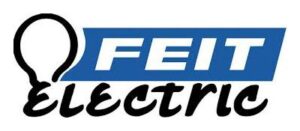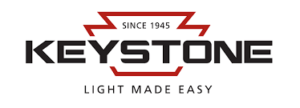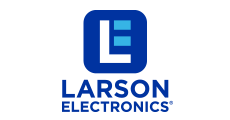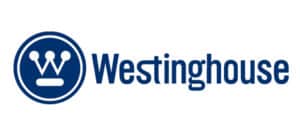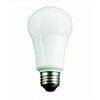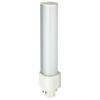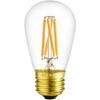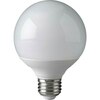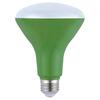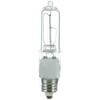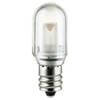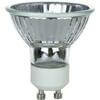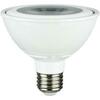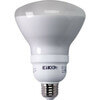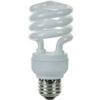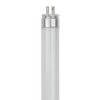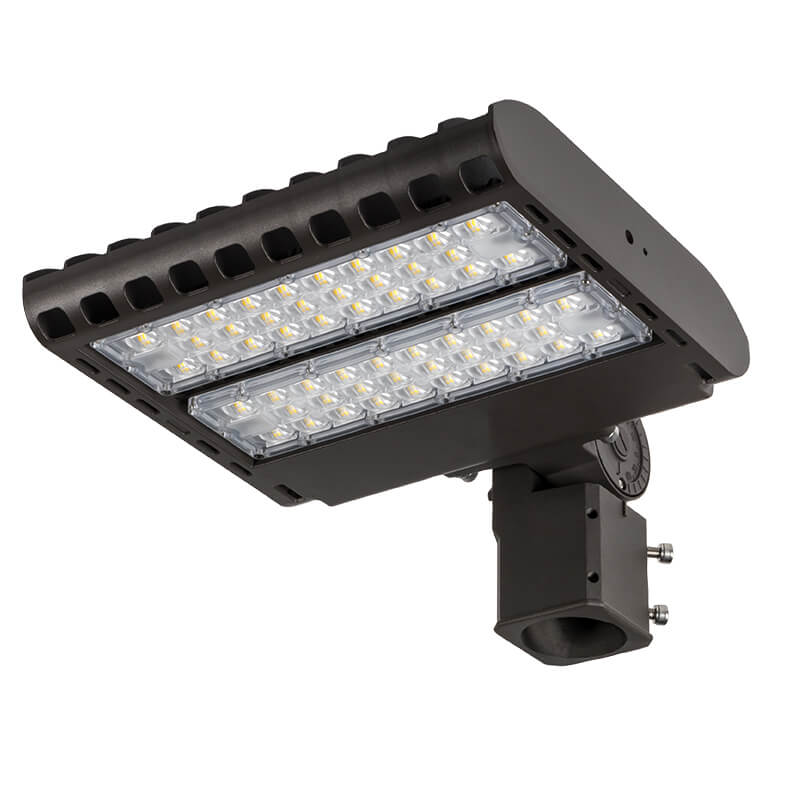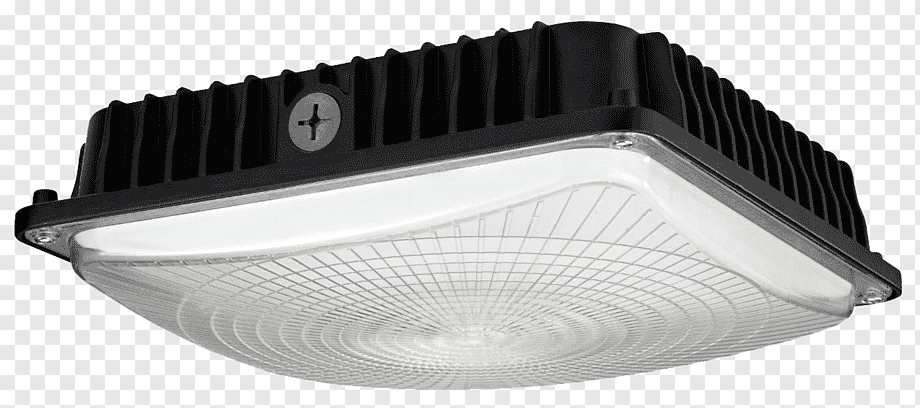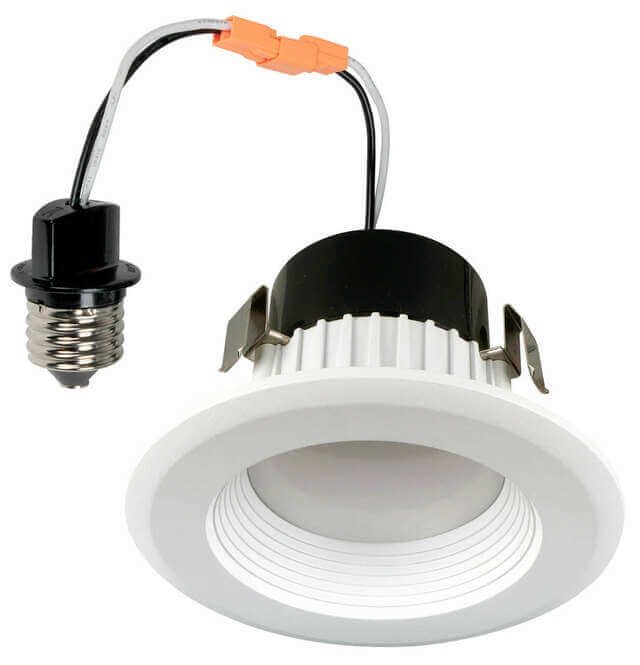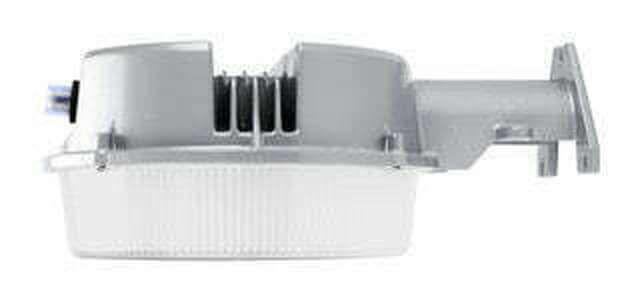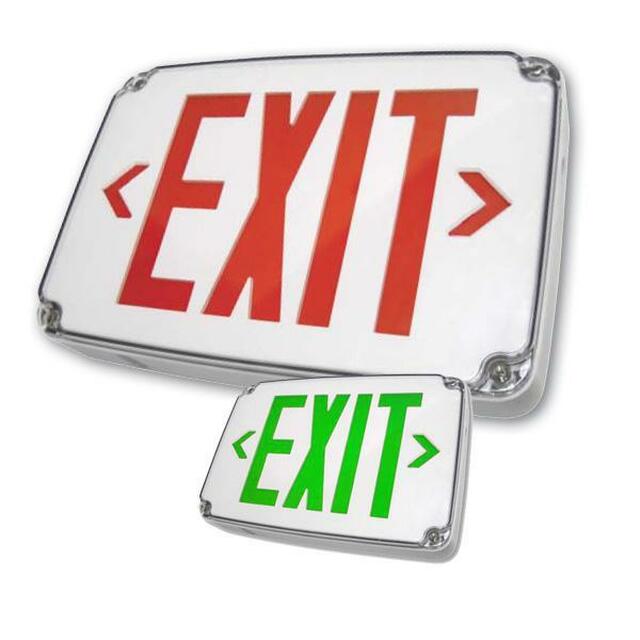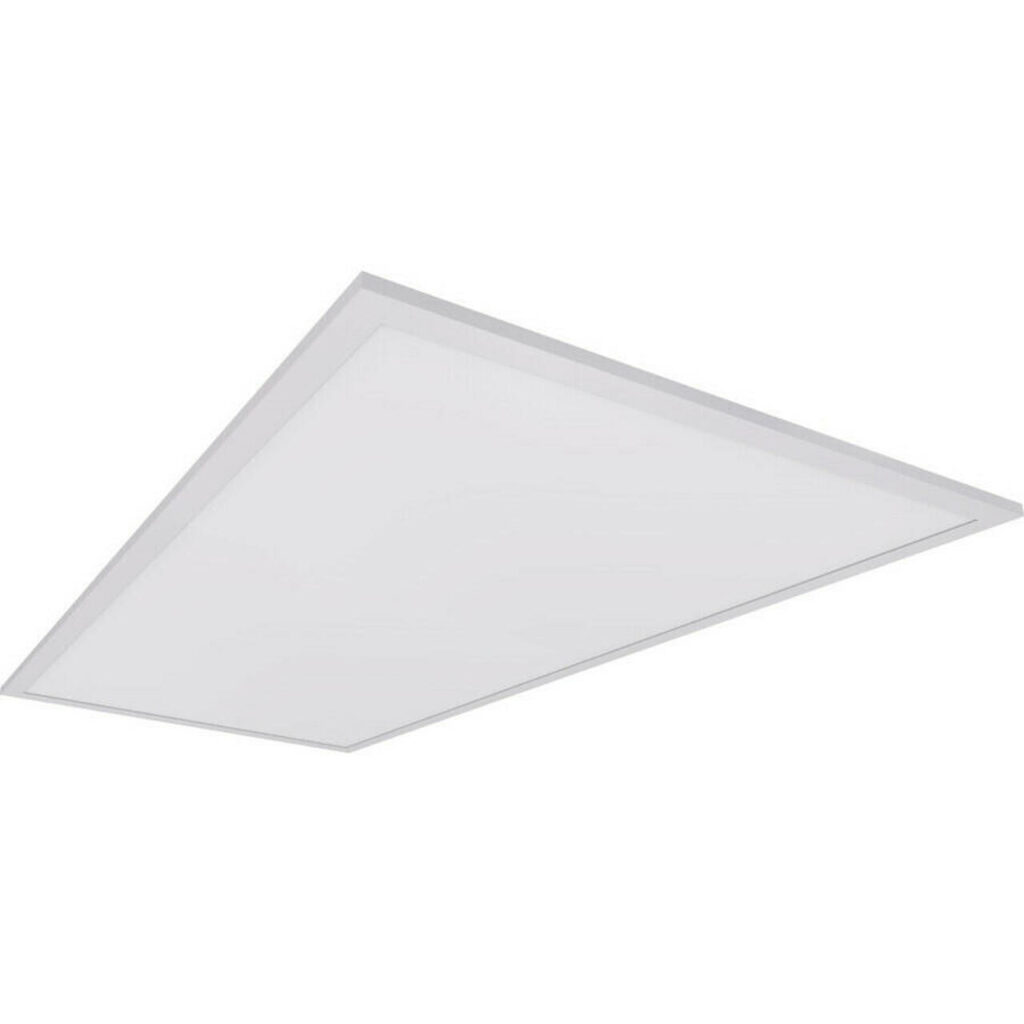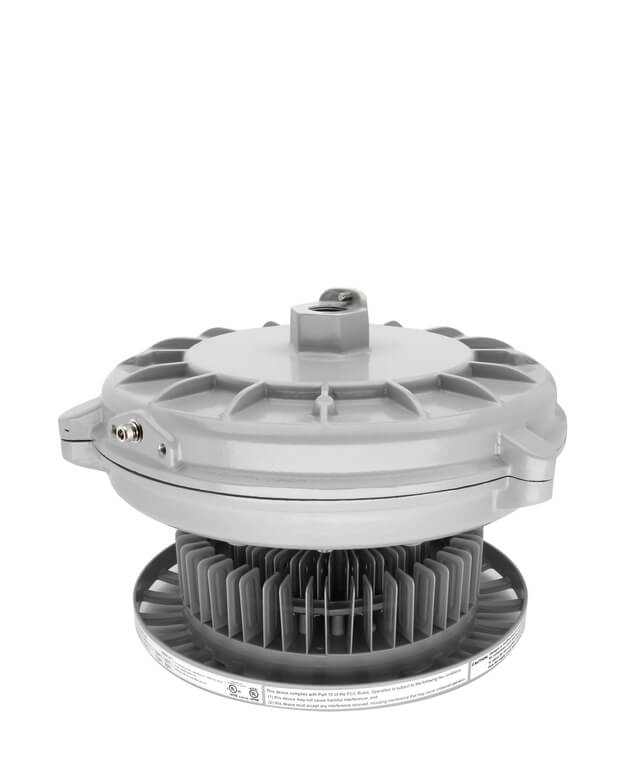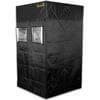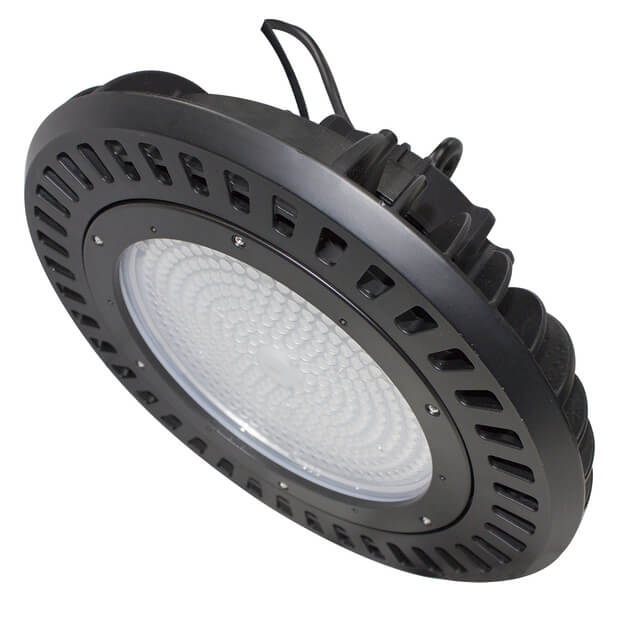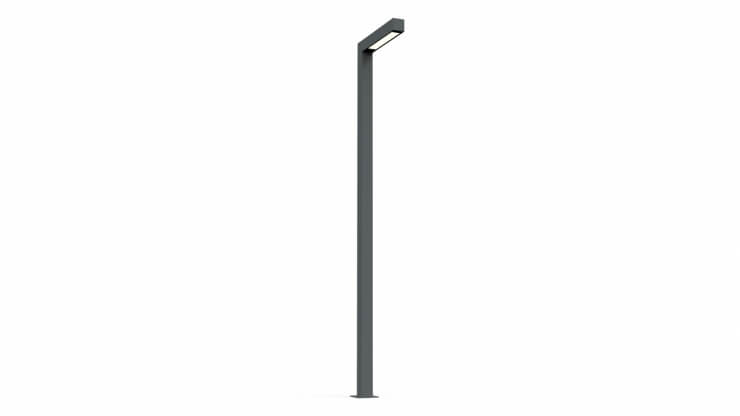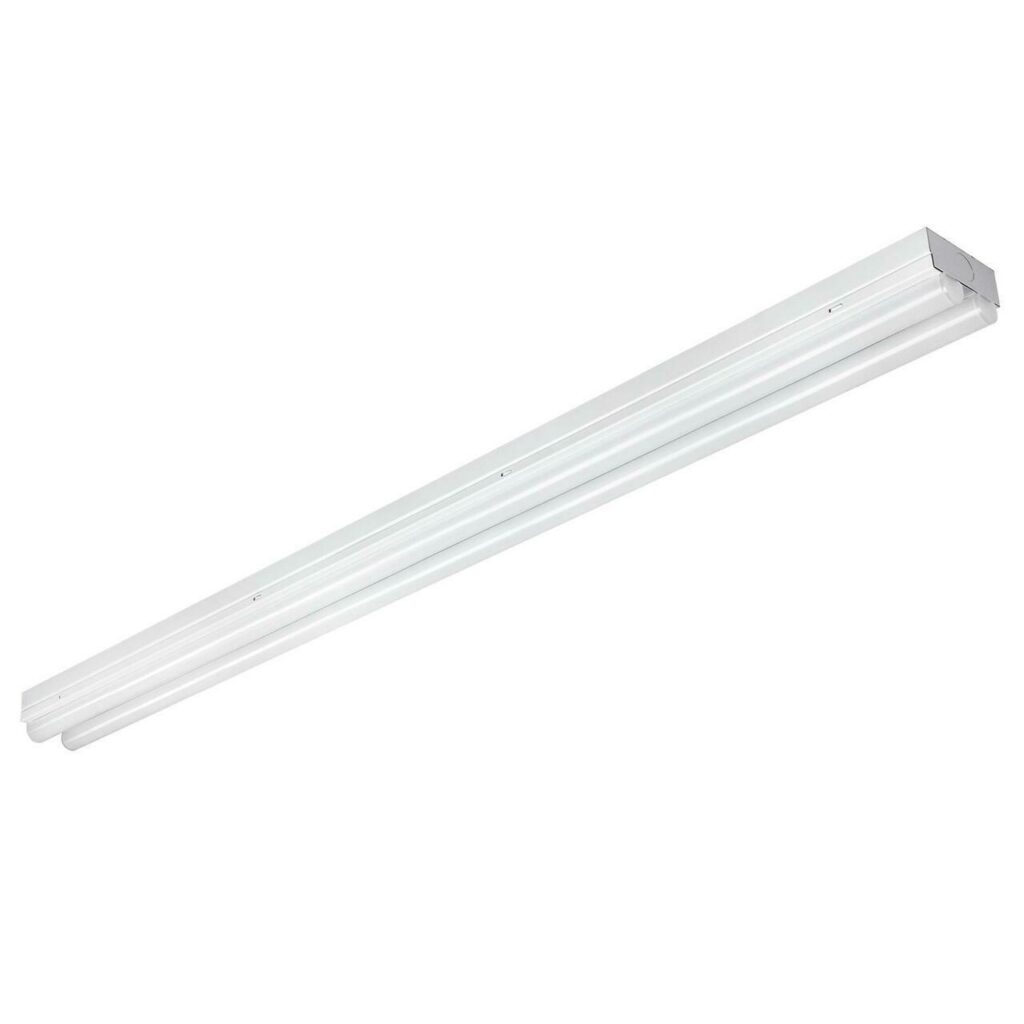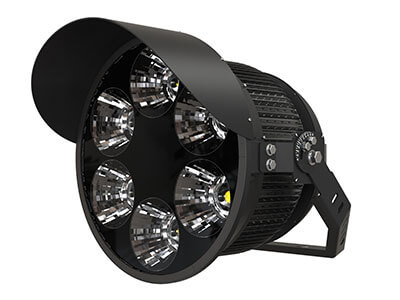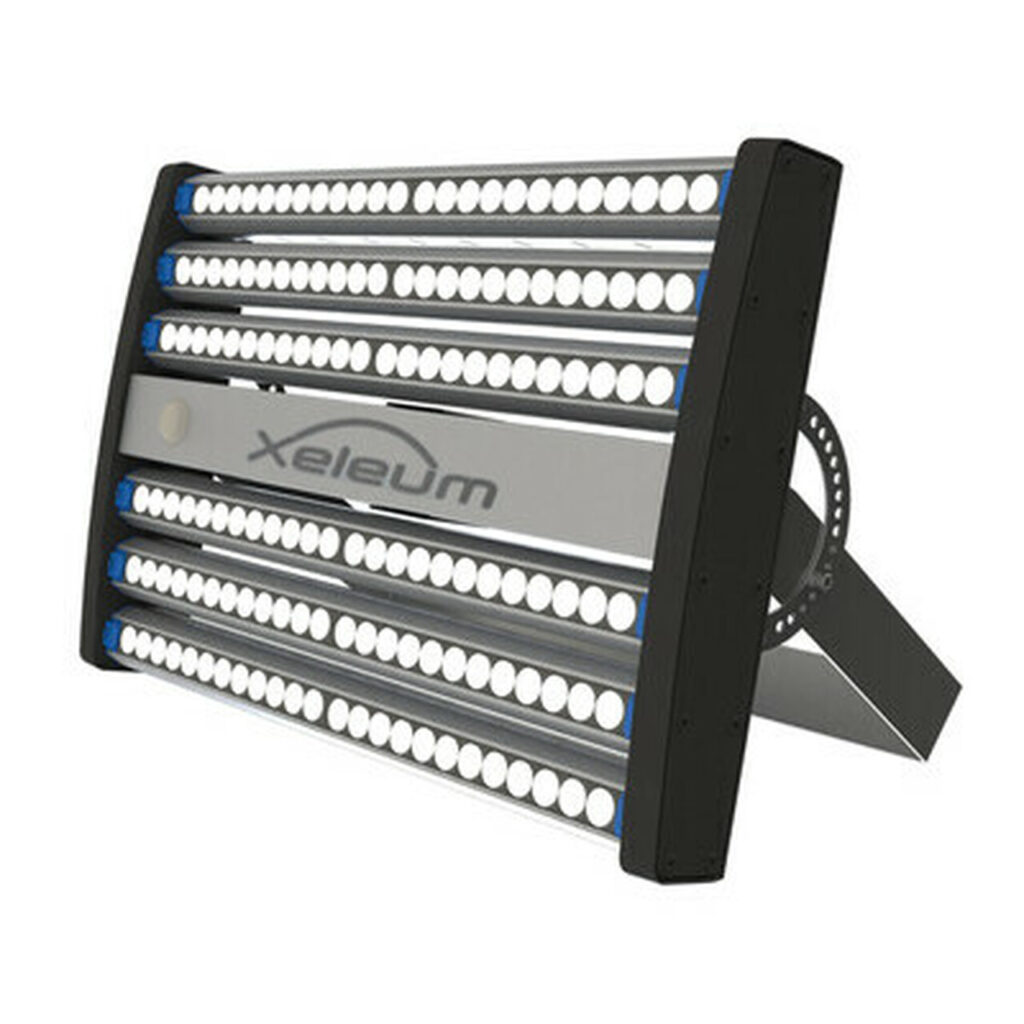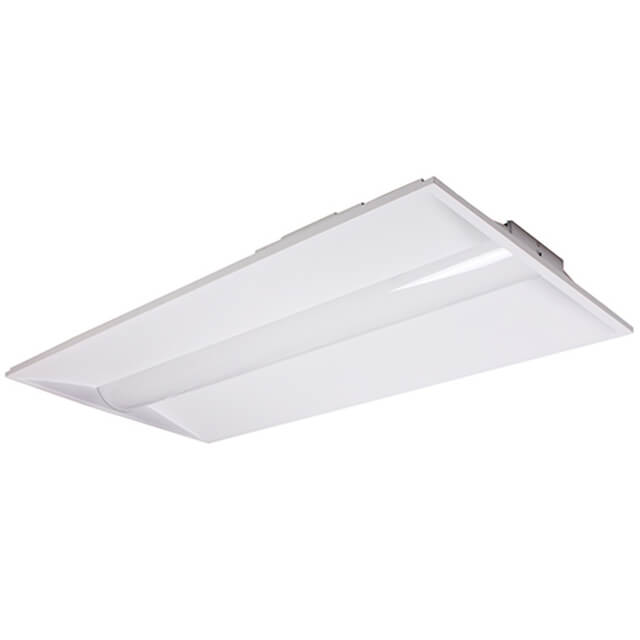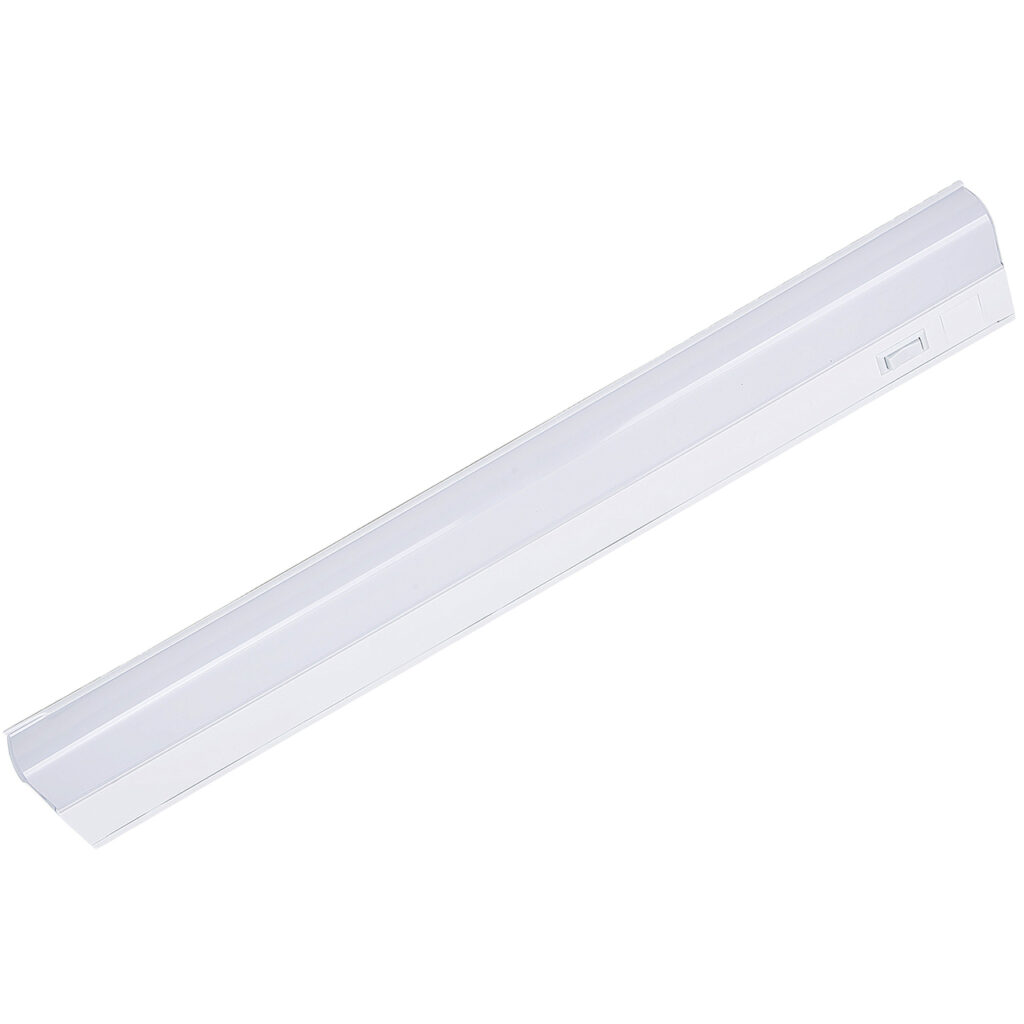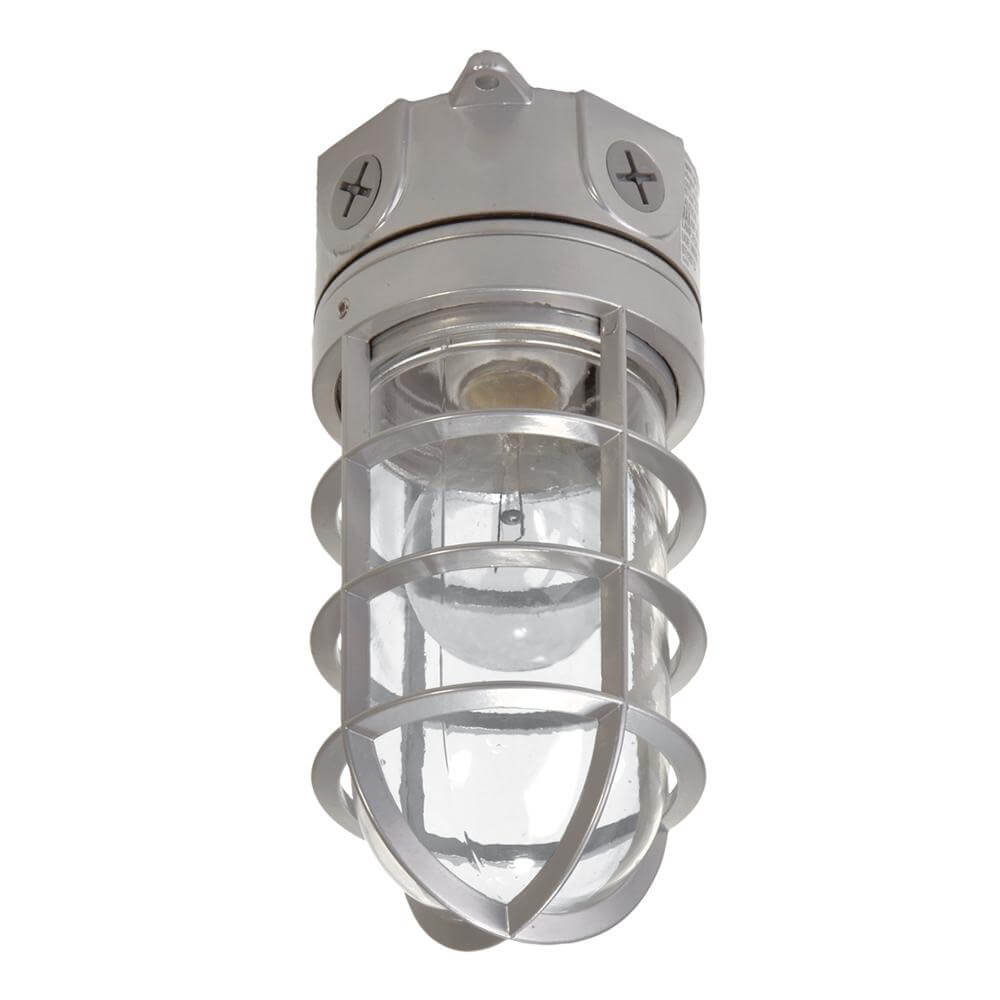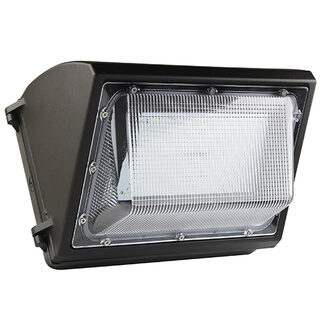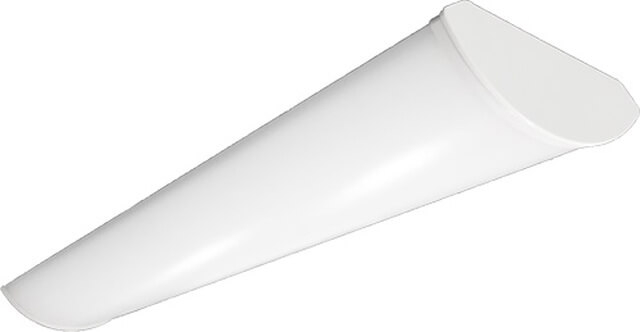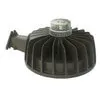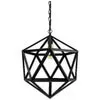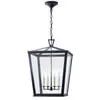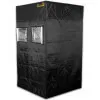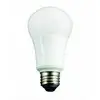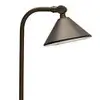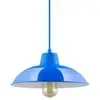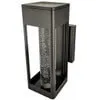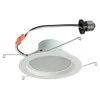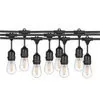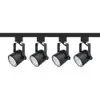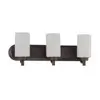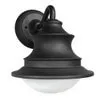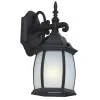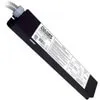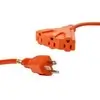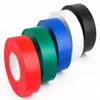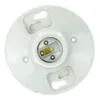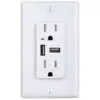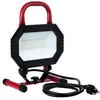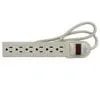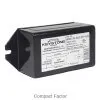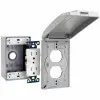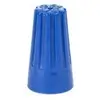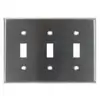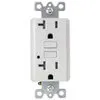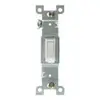The United States, one of the wealthiest countries in the world, accounts for a significant amount of the international trade industry. In fact, it is the largest exporter and importer of goods. In 2017, the U.S. trade industry totaled $2.35 trillion.
Globalization has been the biggest contributor to the ever-growing trade industry, particularly in commercial lighting. As technologies advance and communications expand, the trade industry encompasses more places and more products every year.
For U.S.-based manufacturing companies and businesses, it is important that they follow two major acts: The Trade Agreement Act (TAA) and the Buy America Act (BAA). Both of these acts affect industries in different ways. If you’re interested in finding out what these acts are and they affect different industries – including lighting wholesale distribution – keep reading.
What is the Trade Agreement Act?
The Trade Agreement Act was implemented in 1979 by the U.S. Department of Labor to regulate manufactured goods and foreign trade agreements. The act pertains to products being sold to the U.S. government, limiting how many products can come from outside the U.S. (or designated countries, as you will read about shortly).
The Trade Agreement Act and Buy America Act are similar; however, TAA gives the U.S. more opportunities in international trade, since manufactured goods can come from either the U.S. or designated countries.
Manufacturers’ Compliance with the Trade Agreement Act
There are two main stipulations that manufacturers need to follow to ensure that they are compliant with the Trade Agreement Act. The first is that 50% of the cost of manufacturing the product occurred in the U.S. or in a designated country. The second is that the product must have undergone substantial transformation in the U.S. or a designated country.
Countries that fall under the “designated countries” realm are those a part of the World Trade Organization Government Procurement Agreement, Free Trade Agreement, Caribbean Basin Initiative, as well as “least developed countries.” More specifically, these agreements include countries ranging from Germany to Japan, and Cambodia, to Canada, Afghanistan, and Aruba. Non-compliant designated countries include North Korea, Russia, and China.
“Substantial transformation” means that a product changed substantially during manufacturing, assembly, or processing. The products’ variables would need to change enough that it was to require a new name from the original product or the new product has an entirely new use.
If manufacturers follow these conditions, they are compliant with the Trade Agreement Act and can sell their products under their government contracts. Companies need to occasionally confirm where the parts to make their products come from; if it’s discovered that a manufacturing company isn’t following compliance with the Trade Agreement Act, their contract can be made invalid and they may face both criminal and civil suits.
It’s also important to note that some parts to make a product can from non-compliant countries; as long as the bulk of the parts of the product come from designated countries, the product will be considered TAA compliant.
How The Trade Act Agreement Affects Small Manufacturing Businesses
The TAA can be difficult for smaller manufacturing businesses to follow; many times, small businesses do not realize that there are certain requirements to their government contracts, believing that they can get the parts for their products from anywhere in the world.
For example, millions of products sold to the U.S. come from India and China; because of this, lighting manufacturers may not even realize that those countries are non-compliant under the TAA; they just assume that they are because the U.S. buys so many products from those countries. These manufacturers may unknowingly contract with companies in these countries, leading them to break their contracts with the U.S. government.
What Are the Buy America Act and Buy American Acts?
The Buy American Act of 1933 affects any goods purchased by a U.S. federal government agency for federally funded projects. It says that the U.S. has to buy American-made steel, iron, and manufactured goods. The Buy American act has a sub-policy called the Buy America Act, which lays out slightly different policies.
The Buy America Act specifically targets the Department of Transportation. Under the Buy America Act, a product is American-made if the manufacturing process took place in the U.S., and if the components and parts used to make the product originated from the U.S. This act typically affects construction projects involving transportation, like the creation of roads, bridges, and tunnels.
Recent Changes to the Buy America Act
In March 2022, new provisions were implemented for the BAA. The provisions were set in order to strengthen the BAA.
The first recently-implemented change is that the domestic content threshold for non-iron and steel products will increase from 55% to 60% in October of this year. The “domestic threshold” refers to products produced in the U.S.; so, the amount of products that are not steel or iron that must be U.S.-produced is increasing towards the end of this year, making it more difficult for companies to source materials from other countries.
The second change is that manufacturers can use the previous domestic threshold of 55% if the cost of materials is unreasonably expensive, or if those materials are unavailable.
The third change affects the price of “critical items” and “critical components.” Critical items and components are those that are harder to acquire, like minerals. Under the new rules, higher prices will be applied to critical items and components.
Because of these new rules, manufacturers need to ensure that their companies will be compliant with the new rules.
Benefits of the Acts
There are few benefits to the TAA and BAA, the most obvious being that having to buy U.S.-made products and source materials from the U.S. spurs economic growth. It allows the U.S. to be self-reliant, while also creating more jobs for Americans. If the U.S. isn’t importing as many products or materials, it means people have to buy locally and there are more opportunities for employment, since not as many products are being made overseas.
More specifically, the TAA is beneficial to companies since there are more options as to where they can source products and materials, so companies don’t have to worry as much about whether or not they are compliant with the act.
How These Acts Affect the Construction and Lightning Industries
The general goal of the Trade Agreement and the Buy America Acts is to protect U.S. interests, ensuring that U.S. businesses and labor are used to make products; while this seems great, it can cause some issues for the industry. Typically, the TAA is easier for businesses to comply with since they can source materials from more countries than the BAA allows.
Common materials used in the construction industry include cement, stone, and gravel. While some of these materials can be sourced in the U.S., it is not always possible. There are waivers to these acts, but only five such waivers have been issued in four years.
Currently, most “binding materials”, including asphalt, are sourced in the U.S., but not all. 12% of materials are imported, which means that those imports have to follow the provisions under the BAA. Because waivers are so difficult to obtain, the BAA would be made it very difficult to use the imported material in federally funded products, leaving construction companies in a bind as to what to do if they cannot source enough materials for their projects from the U.S.
Aggregate products are also affected. Higher than the number of binding materials, about 50% of aggregate products that are used in federally funded products are imported. The geology of certain states often makes it difficult to obtain these materials domestically, meaning construction companies have little choice but to import materials for their projects. If construction companies do not check where their materials are coming from, they may become non-compliant with either the TAA or BAA.
These acts affect the lighting industry very similar to the construction industry; it can be difficult for companies to always source their materials from the U.S., so sometimes they have to import them from other countries. These imports, however, may mean that not enough of the final product is compliant with the acts.
Find Your TAA and BAA-Compliant Lighting Company Today!
While the Trade Agreement and Buy America Acts are meant to help spur economic and industrial growth of the United States, there are some issues with it, as the requirements of the acts can be hard for companies to fulfill. Complying with the acts, however, isn’t impossible!
For a reliable lightning company that follows BAA and TAA compliance and will fulfill all your electrical needs, reach out to one of the top U.S. wholesale lighting distributors Lighting and Supplies for a quote or more information. We are a Baltimore-based company, but we can ship items to other places. You can place orders online, or our team would be happy to help you place an order over the phone.
We also work with some of the top lightning brands out there, including TCP Lighting and Sunlite. We have anything from porch lights, to light poles, chandeliers, and more. We can also help advise you on the best solution for replacing your lighting.
If you need new lighting, request a lighting quote from us at Lighting and Supplies today!


